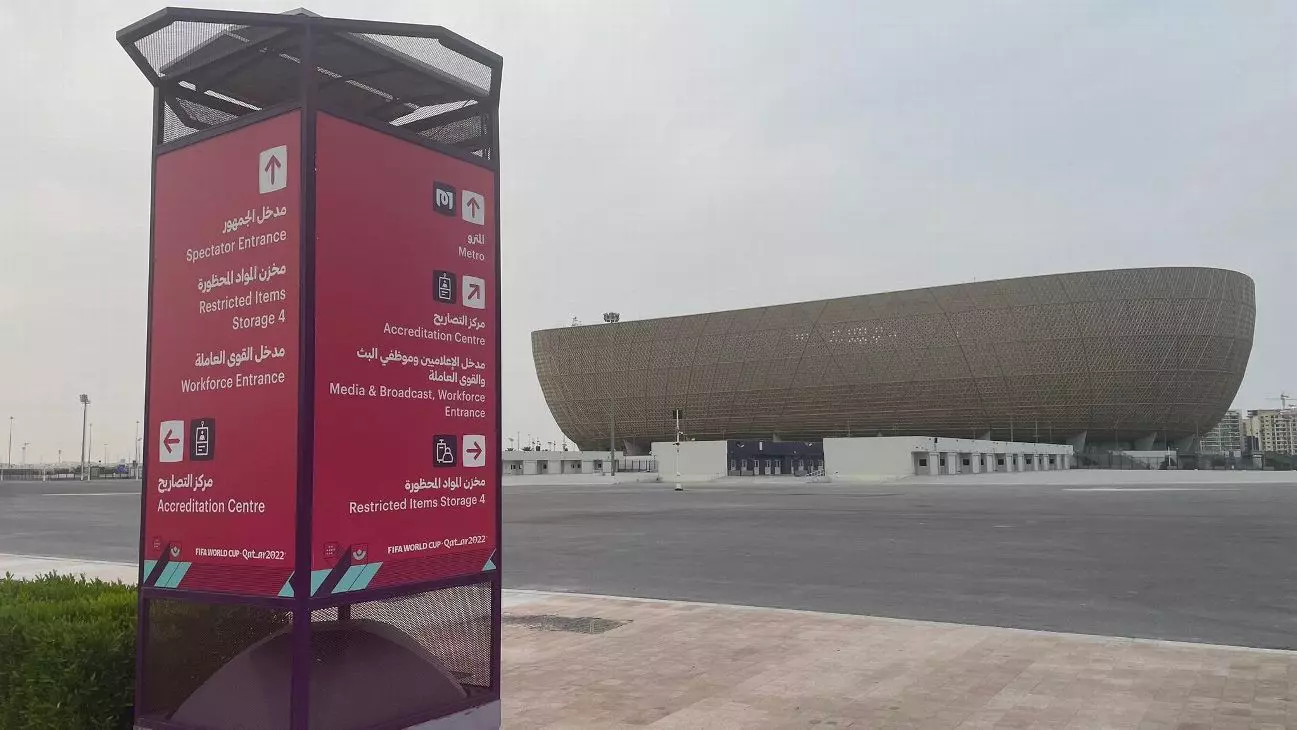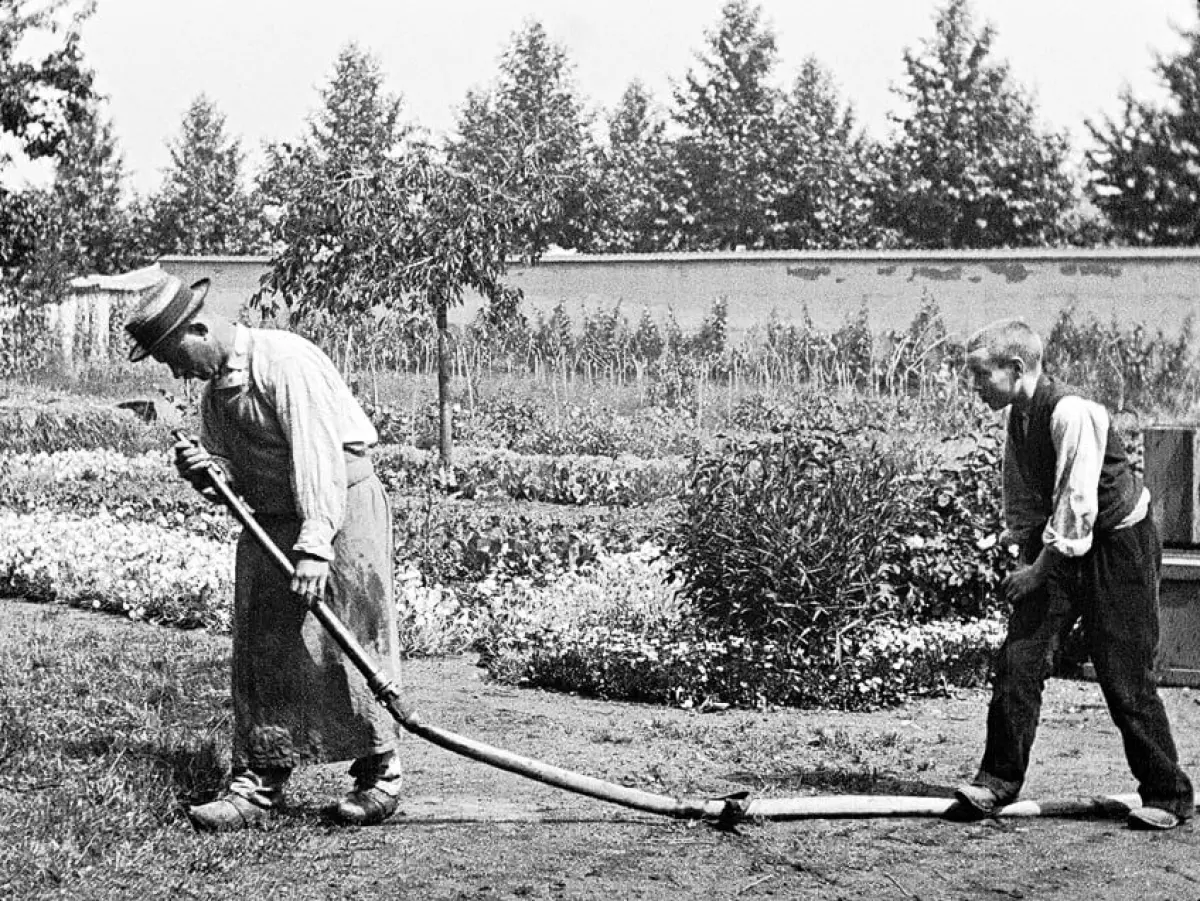It has been a year since the start of the most controversial World Cup in history, held in Qatar. Amidst the anticipation and excitement, there were also concerns and criticisms regarding human rights abuses and worker conditions in the country. As the tournament drew to a close, it became crucial to assess the lasting impact and changes in Qatar. Let's delve deeper into the progress made and the challenges that still persist.
Progress in Labor Reforms
One of the significant issues faced by Qatar was the kafala system, which restricted the movement and rights of migrant workers. However, as part of the reforms initiated by the Qatari government and the International Labour Organization (ILO), changes have been implemented. The requirement for a No Objection Certificate (NOC) and an exit permit has been removed, allowing workers greater freedom to change jobs and leave the country.
Additionally, a minimum wage has been introduced, ensuring workers receive fair compensation. The provision of the Hayya card system has been extended to allow families of workers to visit their loved ones. Stricter regulations regarding outdoor construction work in extreme heat have also been implemented. These reforms signify progress in principle, but challenges persist in their effective implementation.
 Caption: The impact of the Qatar World Cup on labor reforms.
Caption: The impact of the Qatar World Cup on labor reforms.
Challenges and Unresolved Issues
Despite the reforms, there are still concerns about the treatment of migrant workers in Qatar. Amnesty International has highlighted the issue of unpaid wages and illegal recruitment fees, which have left many workers in financial distress. Moreover, workers face difficulties in seeking justice, as cases can take years to be resolved in the labor courts. Many workers fear reporting issues due to the risk of retaliation from their employers.
Confiscation of passports and bank cards by employers, along with the filing of absconding charges without substantial evidence, further contribute to the challenges faced by workers. Human rights campaigners argue that progress in resolving these problems has been insufficient, and the ILO needs to do more to address the mounting issues.
 Caption: The struggles faced by migrant workers in Qatar.
Caption: The struggles faced by migrant workers in Qatar.
FIFA's Legacy and Responsibility
FIFA, as the governing body of world football, plays a crucial role in addressing the challenges and ensuring the welfare of workers involved in hosting World Cup tournaments. Although FIFA has established a Legacy Fund and announced plans for a Labor Excellence Hub, there are concerns about the lack of a migrant workers' center and the absence of compensation for families who lost their loved ones.
Furthermore, the decision to award the 2034 World Cup to Saudi Arabia raises concerns about the potential repetition of human rights abuses experienced in Qatar. Human rights campaigners argue that FIFA needs to exercise due diligence and transparency to prevent such issues and ensure the protection of workers' rights in future tournaments.
Conclusion
One year after the 2022 FIFA World Cup, Qatar has made progress in implementing labor reforms. However, challenges such as unpaid wages, illegal recruitment fees, and difficulties in seeking justice still persist. FIFA has a vital role to play in addressing these issues and ensuring the welfare of workers involved in hosting future tournaments. The lessons learned from the Qatar World Cup must guide FIFA's decision-making to uphold human rights and prevent potential abuses in the future.
















